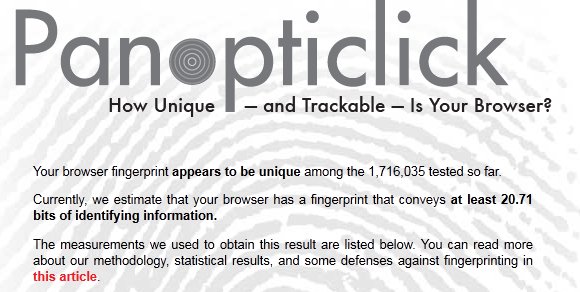Margaret Wente in the Globe & Mail:
Where do you stand on the new online surveillance bill? Are you with the government? Or are you with the child pornographers? According to Public Safety Minister Vic Toews, you have to choose.
In case you fail to get the point, the new legislation is being subtly marketed as the Protecting Children From Internet Predators Act. Of course, maybe you don’t really care about protecting children from Internet predators. Maybe you don’t care that without this law, filthy perverts will continue to roam free. Really, it’s your choice.
I am scarcely the first person to point out that Stephen Harper’s government likes to demonize its opponents, or that it has a nasty authoritarian streak. But in this case, the dissent is unusually widespread. Those with doubts about the bill include opposition politicians, civil libertarians, privacy commissioners and Internet experts — plus more than a few small-c conservatives who wonder why our government insists on whipping up unnecessary moral panic when it doesn’t have to.
[. . .]
So why do I stand with the child pornographers here? Because I’m not convinced the police need new powers to root out online child molesters. Judging by the recent highly publicized busts of child-porn rings, their existing powers seem to be working fine. Nor am I convinced that the police will never abuse their power. History shows they usually do. That’s why they need civilian oversight. That’s not liberal, in my view. That’s prudent.




